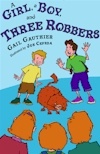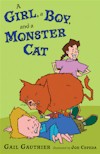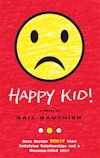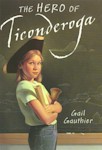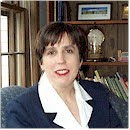And Just What is a "Quasi-autobiography?"
In addition to reading more short stories, I believe the young should be reading more essays. (And eating more raw vegetables, getting more exercise, and being more attentive to their mothers.) So when I stumbled upon Teen Angst? Nah... by Ned Vizzini, which was described on the cover as a "quasi-autobiography" and whose author included the word "essay" in his introduction, I snatched it up off the library shelf.
Teen Angst? Nah... is more of a memoir than an autobiography, which I guess explains the "quasi." It's about Vizzini's experiences in high school (a high school for the mathematically gifted in New York City) and was written when he was between the ages of 15 and 18. He has written for New York Press, an alternative newspaper, and wrote an article that was published in The New York Times Magazine. He's an experienced writer and something like 21 years old now.
I'm having trouble getting to the point because I'm hesitant to say that I wasn't all that crazy about a book written by such a young person. (Let me admit at this point that I gave up reading when I was about two-thirds of the way through the book.) Vizzini has nothing to be embarrassed about. The book isn't bad and neither is his writing. It's just that it reads like the work of a smart, young person who hasn't decided what he wants to do with his writing. Some reviewers call Teen Angst? a book of short stories, some a collection of essays or even a collection of vignettes, which sort of reinforces my point. What is he trying to do here? There's not much in the way of theme or characterization in each chapter so they don't really work as short stories. And when read as essays this reader, at least, kept wondering, "What's the point?"
When I've worked with very young writers I found that they often would use this kind of structure for their writing: this happened and then this happened and then this happened and that's all. A lot of these chapters read like that. They're not bad, they're just somewhat immature.
This is another one of those books that Gail wasn't fond of but many others were. It's worth giving it a try. Though I don't think the writing here is anything anyone would want to use as a model, certainly young people might be interested in reading about a young man who is doing something unusual with his time.
You can read an interview with Ned Vizzini at Teen Advice.
